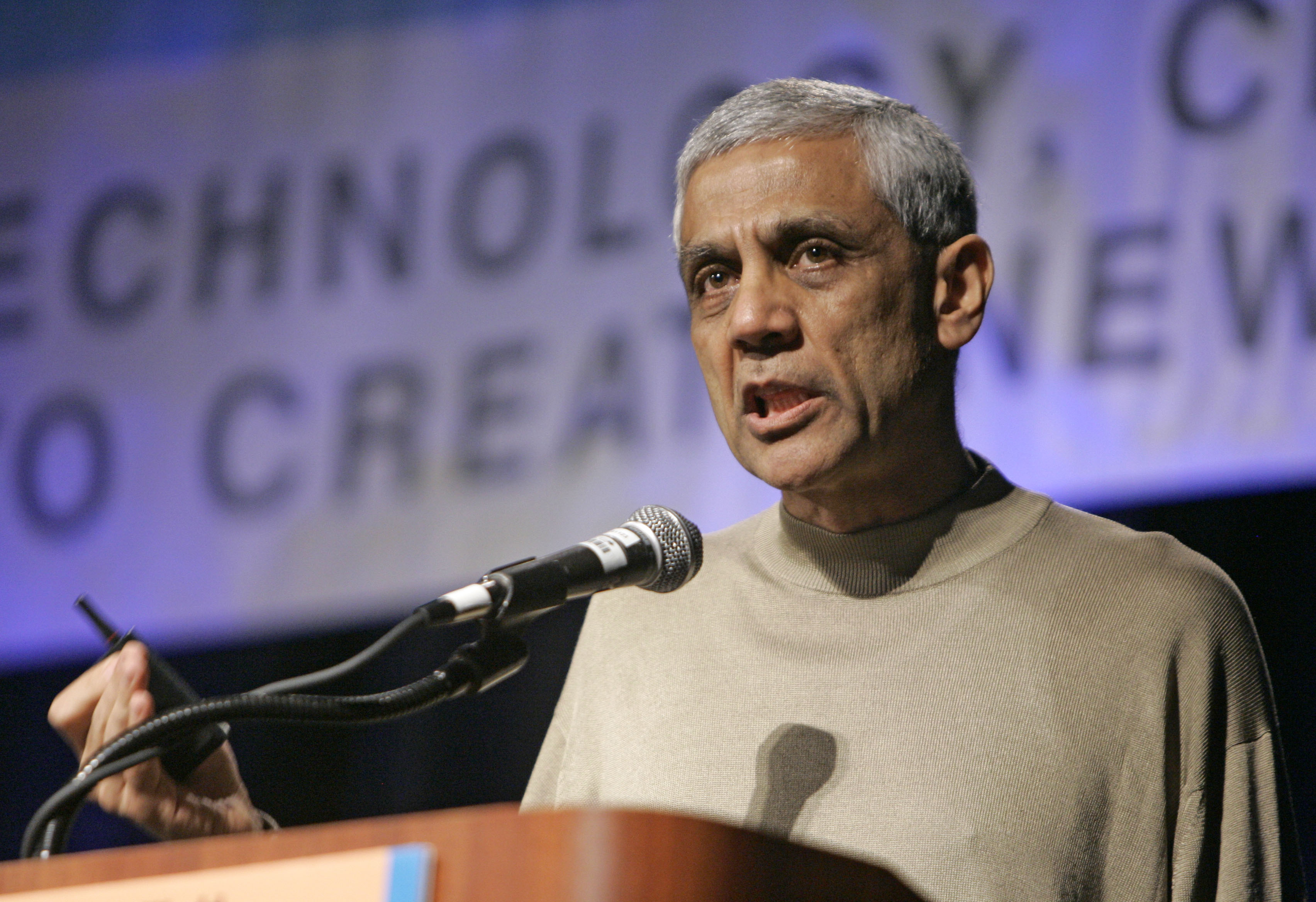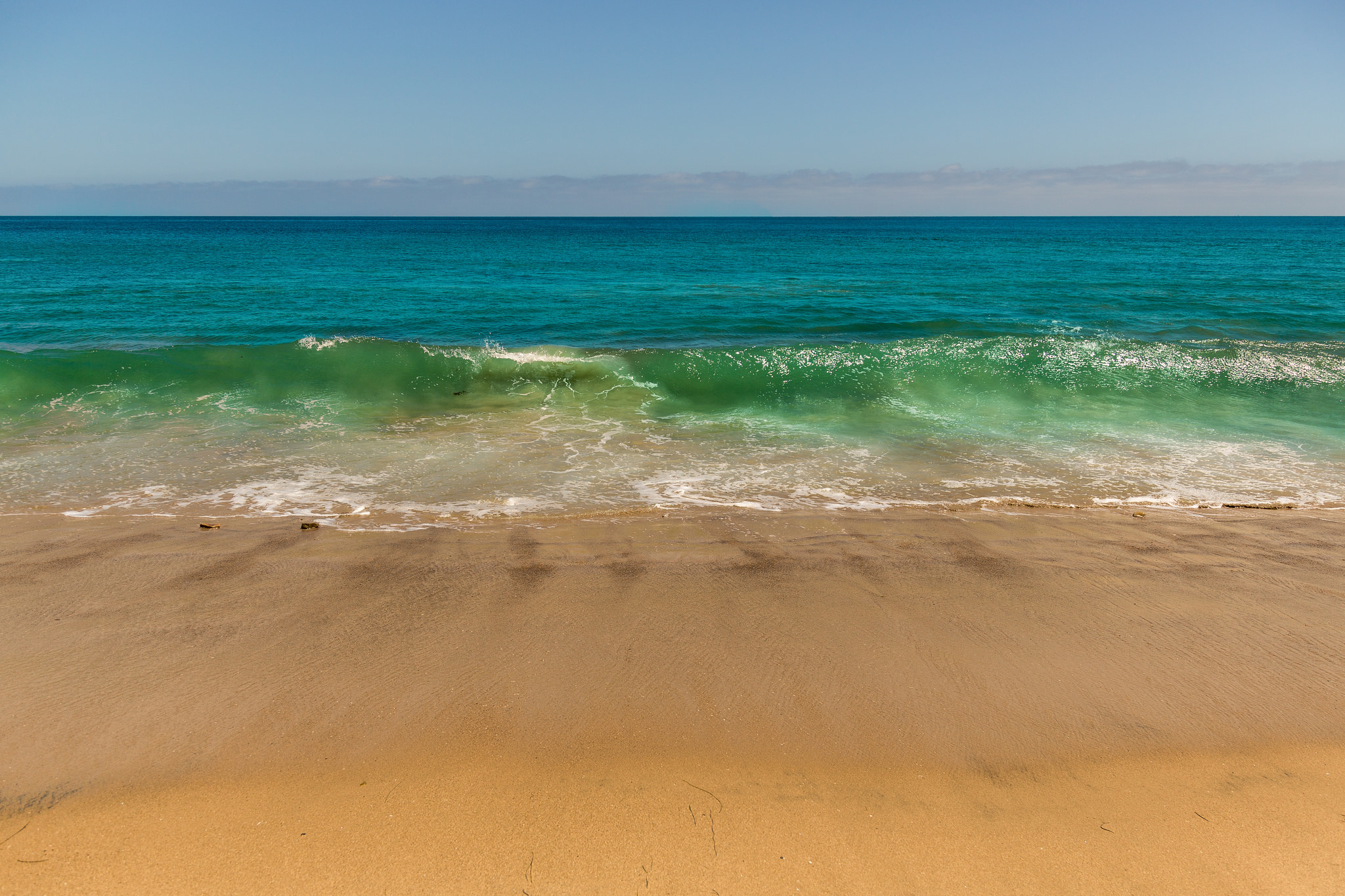Beaches Reveal a Huge Problem with Economic and Racial Inequality

By:
A legal battle that highlights decades of racial and income inequality is playing out against an unexpected backdrop—California’s beaches.
At the center of the battle is venture capitalist Vinod Khosla, who in 2008 shut off public access to Martins Beach after purchasing property near the land in San Mateo County.  AP Images - apimages.com
AP Images - apimages.com
A California court now wants the billionaire to reopen the beach to taxpayers.
"The issue with Martins Beach is indicative of a broader problem of inequality in America," Andrew W. Kahrl, the author of the book "Free the Beaches: The Story of Ned Coll and the Battle for America’s Most Exclusive Shoreline," told ATTN:. "It's the 1 percent of the 1 percent who possess such a disproportionate amount of resources and they use their wealth and resources to claim what have been public resources for themselves. There are few public resources that are more coveted than beaches."
In upholding a lower court's ruling that Khosla must reopen access to the beach, the First Appellate District also ordered him to “allow public coastal access at the same level that existed” when he purchased the property in 2008.
Khosla, who has a net worth of $1.55 billion and does not live on the property, has for years refused to allow public access to beach, used security guards to keep people out, and even sued state agencies over his property rights. He still has the option to appeal this latest decision.
California beaches are public at the "mean high tide line," or the place where the sand is wet.
However, rules about access to that wet sand are more complicated.
"We need to ensure access because this is a legal right and one of the ways to do that is to make sure there are easements and public access points along the shore," said Kahrl. "If the only way you can access the shoreline is by swimming or coming out from an amphibious landing than that's a pretty hollow right."
Americans are increasingly losing access to beaches.
 Flickr/Davide D'Amico - flic.kr
Flickr/Davide D'Amico - flic.kr
Beach access advocates say that the Public Trust Doctrine—the longstanding legal principle asserting that natural and cultural resources must be preserved for the public—supports Americans' right to use the nation's beaches.
However, Angela T. Howe, legal director at the Surfrider Foundation, an organization dedicated to beach conservancy which brought the lawsuit against Khosla, said that wealthy landowners across the country are trying to limit access to beach.
"Surfrider is increasingly fighting to keep beaches open and accessible to the public. There are many private landowners who try to keep out the public from access to the public trust resource at the beach, like Mr. Khosla," she told ATTN: via email. "We also see this in Malibu, CA and other places around the nation where landowners exhibit a misguided sense of entitlement and attempt to control the public shoreline."
Kahrl said that the trend toward blocking beach access is intended to keep "undesirable" people off the sand.
"There's a trend toward privatization and there's plenty of public beaches that are effectively closed off to the general public," Kahrl said. "They oftentimes will charge high access fees to exclude non-residents, or sometimes you see wealthy communities try to dissuade outsiders by moving public parking spaces, and they're constantly finding other ways to make these kinds of spaces unwelcome to people they consider undesireable."
A survey jointly conducted by the University of California, Los Angeles and San Francisco State University researchers found that 62 percent of California voters reported that access to the coast is a problem overall, 78 percent said that parking options are a problem, and 75 percent said there are "limited options" for overnight stays at the beach, a particularly common obstacle among Latino respondents and those with families.
The disparity in beach access is visually obvious in some communities in the Northeast, where private ownership of beaches is legal, according to Ralph Coscia, the President of the Citizens' Right to Access Beaches in New Jersey.
"It is not uncommon in our area for the public to be sitting shoulder to shoulder on beaches that are publicly accessible, while a few feet away a private beach owner or association beach sits virtually empty, except for a few seagulls lounging in the sand," he told ATTN: email.
He said that private owners have made recovery efforts more complicated after 2012's Hurricane Sandy. For example, taxpayers are now required to have access to access to beaches where the Army Corps. of Engineers funded reconstruction efforts, according to The New York Times. But private owners have been blocking that process.
"Most recently, after [...] Sandy many communities' efforts to rebuild are in limbo because private owners and beach associations are holding the beaches 'hostage' by refusing to sign easements necessary for beach replenishment and dune building projects," Coscia said.
Beaches have long been public stages for the classism and racism in America's history.
Kahrl, an associate professor of history and African-American studies at the University of Virginia and author of the book "The Land Was Ours: How Black Beaches Became White Wealth in the Coastal South" said that beaches were often fiercely segregated by law and custom.
"Beaches and swimming pools were some of the most racially volatile and policed places in America and it was just as prevalent in the Northeast and the Midwest and Los Angeles as it was in the South."
Although it may no longer be explicitly mandated, the custom of segregating beaches by class and race has continued into modern day, according to Kahrl. "Even as I'm sure that some of these wealthy communities describe themselves as politically liberal and would all disavow racism, many of the exclusionary practices that you still see in these communities, when it comes to excluding the general public or finding mechanisms to ensure only a select group of people have access, are direct descendants from the American Jim Crow past," he said. "There's a direct line between class-based exclusion today and the history of Jim Crow racism."
Coscia said that beaches are places that should be open to all Americans, regardless of wealth.
"Our beaches and coastal waters are a precious natural resource, they are not someone's private swimming pool," he said. "Swimming, surfing, sunbathing, boating, fishing, scuba diving are just a few of the activities we all have a right to enjoy."
